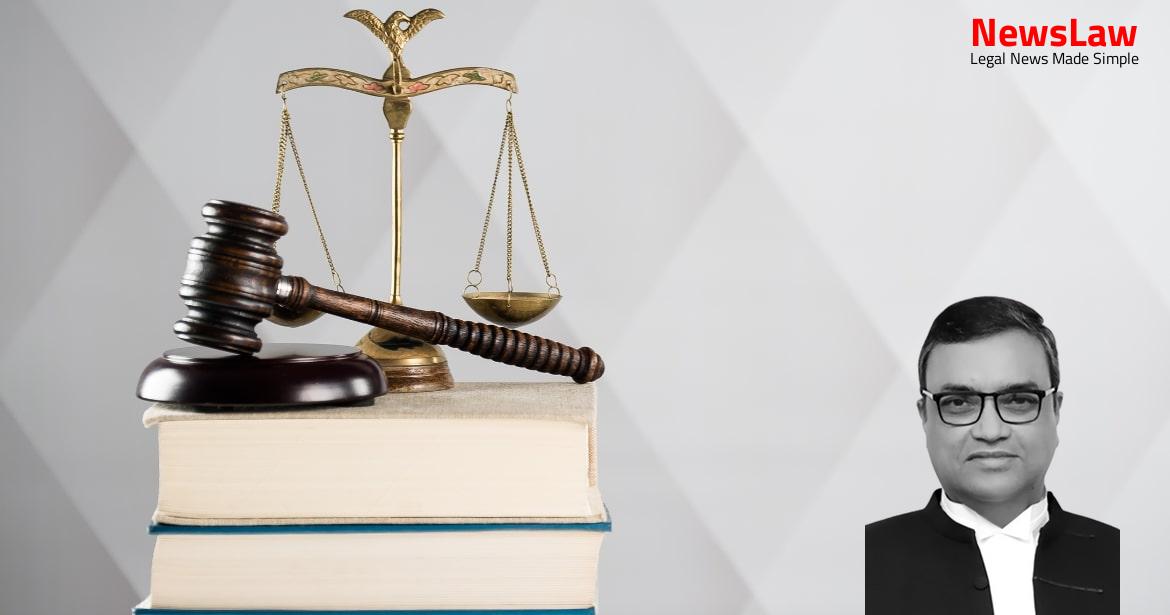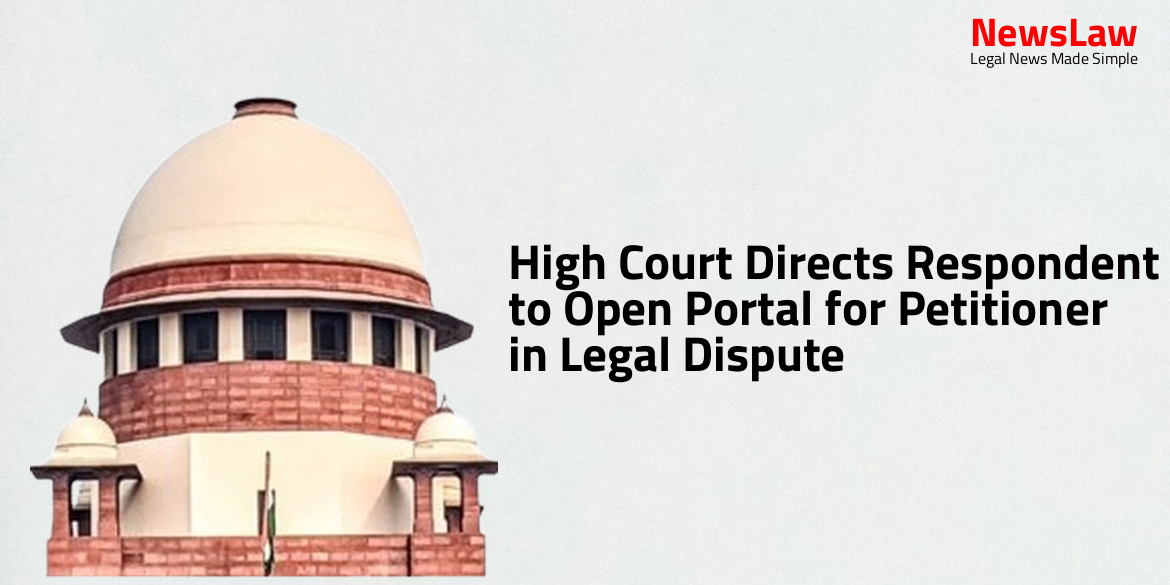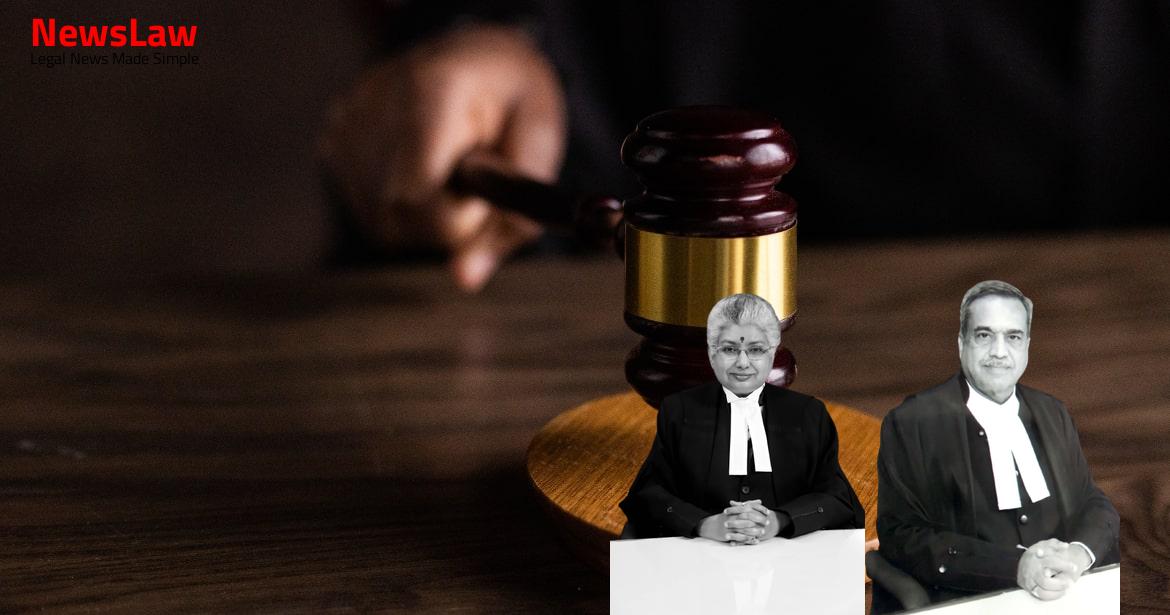Delving into the nuanced legal analysis by the Court regarding the interaction between State sales tax exemptions and rates, this case summary highlights the complex considerations involved in taxing goods under State enactments. The Court’s in-depth examination of notifications, exemptions, and specified tax rates provides valuable insights into the interpretation and application of tax laws in the context of conflicting judgments and statutory provisions.
Analysis
- Kothari Products line of cases dealt with the question of taxing goods like tobacco under State sales tax enactments by amending the schedule.
- Agra Belting Works line of cases discussed the interplay between general exemptions and specific rates of sales tax under State tax acts.
- Bhat, J. along with Rao, J. and Gupta, J. concurred that goods exempted under Section 4 could be made taxable through a subsequent notification under Section 3-A specifying the tax rate.
- In Kothari Products Ltd., the issue was whether gutka could be taxed by Andhra Pradesh despite tobacco being exempted, leading to a majority decision that a recall of exemption was not necessary for taxation.
- In Agra Belting Works, a majority decision held that notifications under Section 3-A could withdraw exemptions under Section 4, making goods taxable at the specified rate.
- Cases like Shanti Fragrances raised questions about conflicting judgments between Kothari Products and Agra Belting line of cases, referring to the need for guidelines on overruling past decisions.
- The ADE Act provides for additional duties of excise, with Mahalakshmi Oil Mills case affirming that goods under the Act are not taxable by the State.
- Reliance Trading Company and Godfrey Phillips India Ltd. cases affirmed that goods chargeable under the ADE Act cannot be subject to state sales tax.
- The Constitution Bench held in Dr. Jaishri Laxmanrao Patil case that goods under ADE Act are not taxable under State enactments.
- Agra Belting Works also addressed the scenario of goods exempted under Section 4 becoming taxable under Section 3-A without the need to withdraw the initial exemption notification.
- The reference to Constitution Bench is found to be incompetent as there was no conflict.
- There was no dissenting view to the analysis provided.
- The decision in Dr. Jaishri Laxman Rao case does not require the Court to answer a certain question.
Also Read: Ex post facto Environmental Clearance in Bio-Medical Waste Case
Case Title: M/S TRIMURTHI FRAGRANCES (P) LTD. THROUGH ITS DIRECTOR SHRI PRADEEP KUMAR AGRAWAL Vs. GOVT.OF N.C.T OF DELHI THROUGH ITS PRINCIPAL SECRETARY (FINANCE) (2022 INSC 975)
Case Number: C.A. No.-008486-008486 / 2011



